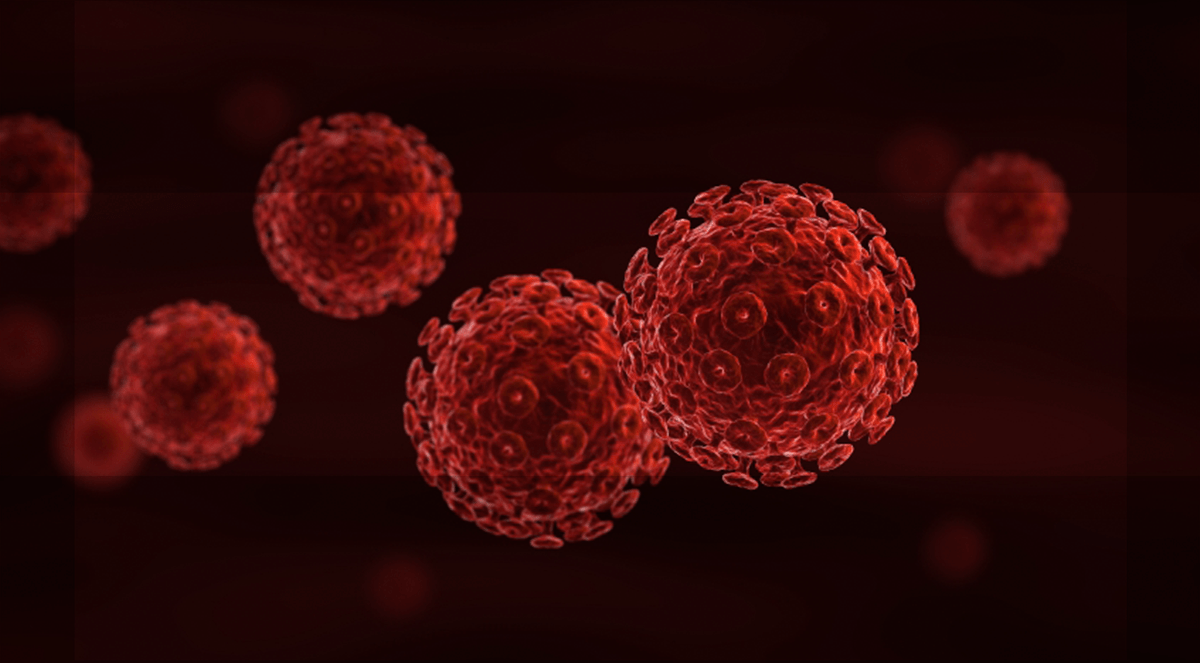Medical treatment that targets human proteins rather than ever-mutating viruses may one day help HIV-positive people whose bodies have built a resistance to “cocktails” currently used to keep them healthy, according to a Keck School of Medicine of USC researcher.
I-Chueh Huang has spent 13 years researching how the human immune system controls viral infections. His lab recently pinpointed a protein variant that can be targeted to prevent the human immunodeficiency virus from harming HIV-positive individuals.
“Most HIV drugs target the virus,” said Huang, assistant professor of molecular microbiology and immunology at the Keck School of Medicine, which ranked No. 1 in National Institutes of Health funds received per principal investigator in 2016.
“But the virus is not stable; it always mutates — problematic because the virus can become resistant to effective drugs.”
Related Articles
- Long-Acting HIV Treatment and Prevention: Closer to the Threshold
- Developing a program for enhancing youth HIV treatment adherence and risk reduction
The study, published in the July 3 issue of the Proceedings of the National Academy of Sciences, is a first step toward enabling doctors to direct the body’s own immune system to better fend off disease. This method differs from the more traditional method of targeting viruses that may eventually become resistant to specific medical therapies.
“Much more research needs to be done, but we may have identified a new approach to treating acute HIV infection,” Huang said.
About 37 million people worldwide have HIV and 20 million received antiviral therapy in 2016, according to the World Health Organization. Although most people are doing well with HIV-suppressing treatment, a growing number of people are experiencing drug resistance.


